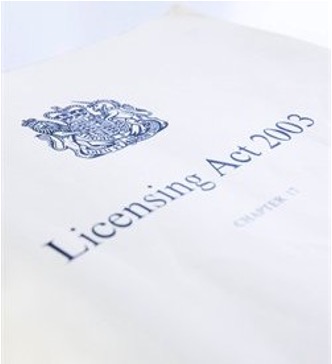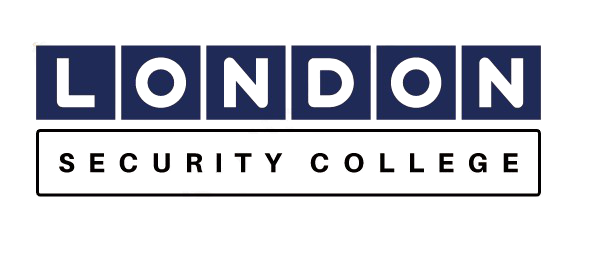6. Licensing Law
By the end of this topic you should have be able to:
- State the licensing objectives under the Licensing Law
- State the law in relation to refusing entry and ejecting customers
- State police powers in relation to licensed premises
- State the different types of licenses and permissions available for premises
- State the rights and duties of licensees and door supervisors as their representatives
- State the law in relation to young persons
- State the conduct that is considered unlawful under licensing, gaming and sexual offences legislation

Lorem ipsum dolor sit amet, consectetur adipiscing elit. Ut elit tellus, luctus nec ullamcorper mattis, pulvinar dapibus leo.
The licensing act 2003 created a single scheme for licensed premises covering:
- Supply of Alcohol
- Regulated Entertainment
- Late Night Refreshment
The objectives of the Law are:
- The prevention of crime and disorder
- Public Safety
- Prevention of unreasonable disruption to ‘interested parties’ living or working in the vicinity
- The protection of children from harm
Changes to the licensing act 2003
The new licensing Act 2003 has introduced major changes to the licensing laws in England and Wales.
- Flexible opening hours, with the potential for up to 24 hours opening seven days a week
- A single licence for premises
- Personal Licenses are required for people who supply alcohol
- All licenses are managed by the Licensing Authority
Rights and Duties, under the new Licensing Act 2003:
- You must always know the licence conditions that apply in the venue where you work
- The Act makes the Licence holder liable for the actions of employees and servants
- The Act also makes staff, including door supervisors, responsible if they fail to take action in certain circumstances.
Offences committed by Staff:
- Section 140 is the offence of allowing disorderly conduct on licensed premises
- Section 141 is knowingly selling or allows the sale of alcohol to a person who is drunk
- Section 142 is knowingly obtaining or attempting to obtain alcohol for a person who is drunk
- Sections 179 and 180 allow police and ‘any authorised person’ to enter licensed premises. It is an offence to obstruct their entry.
Remember Police and ‘Authorised Persons’ can use reasonable force to enter premises and police may arrest those who obstruct them.
An offence committed by the public:
Section 143 of the Act creates offences committed by a member of the public who is drunk or disorderly. These are:
- Fails to leave when requested by a constable or a person authorised by the Act
- Anyone who enters or attempts to enter while drunk or disorderly when requested not to do so
Ejecting customers:
R Request him/her to leave
E Explain the reasons for the request
A Appeal for him to leave
C Confirm that he refuses
T Take action

Young Person Identification
Acceptable forms of proof of age in UK:
- PASS Accredited Proof of Age Cards
- Photo Drivers Licence
- Passports
NB: PASS is The National Proof of Age Standards Scheme and is supported by Trading Standards, the Home Office and ACPO.
SALES to person under 18:
Section 146 makes it an offence to sell alcohol to children under 18 anywhere
Section 147 provides that it is an offence knowingly to allow the sale (or in, the case of clubs, the supply) of alcohol to a child under 18 on the relevant premises
Seller must show:
That they exercised all due diligence and actually checked evidence of age
That they had no reason to suspect that the person was under 18
Employment of person under 18
Prohibition of unsupervised sales by children:
Section 153 makes it an offence knowingly to allow an individual under the age of 18 to sell or, in the case of a club, to supply alcohol unless each such sale or supply has been specifically approved.
Sub Section 2 Excludes from that definition any part of the premises set apart for the service of table meals and the alcohol is served with a meal
Consumption of Alcohol by Children:
Section 150 makes it an offence for a child (a person under 18) knowingly to consume alcohol on relevant premises.
It also makes it an offence knowingly to allow the consumption of alcohol by a child on relevant premises.
Four exceptions:
- Individual is 16 or 17
- It is beer, wine or cider
- It is with a table meal
- They are with an adult over 18

